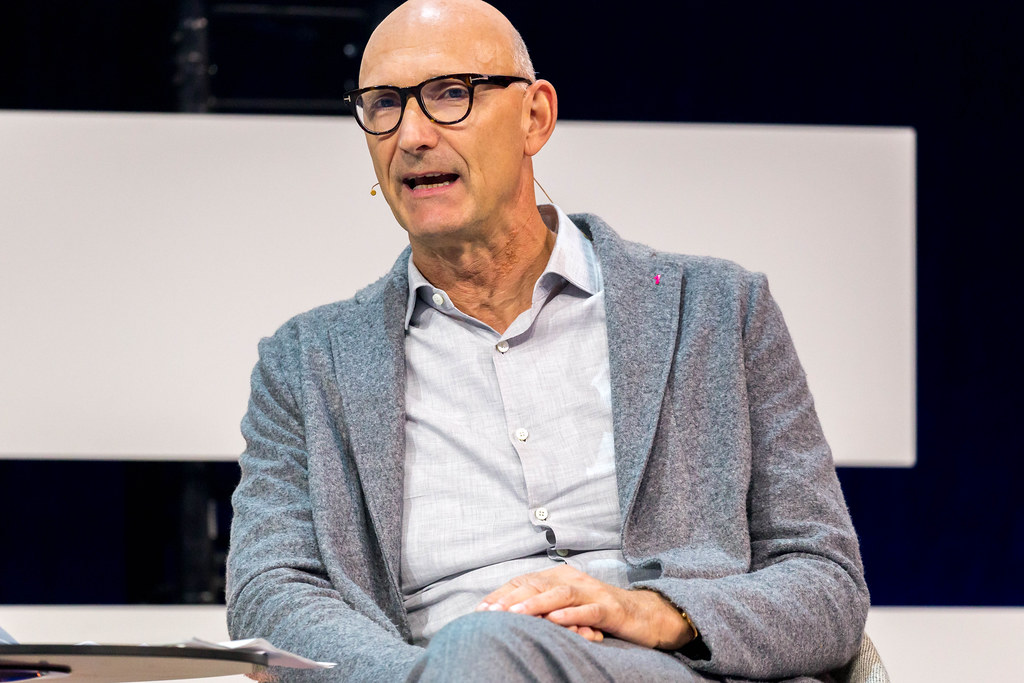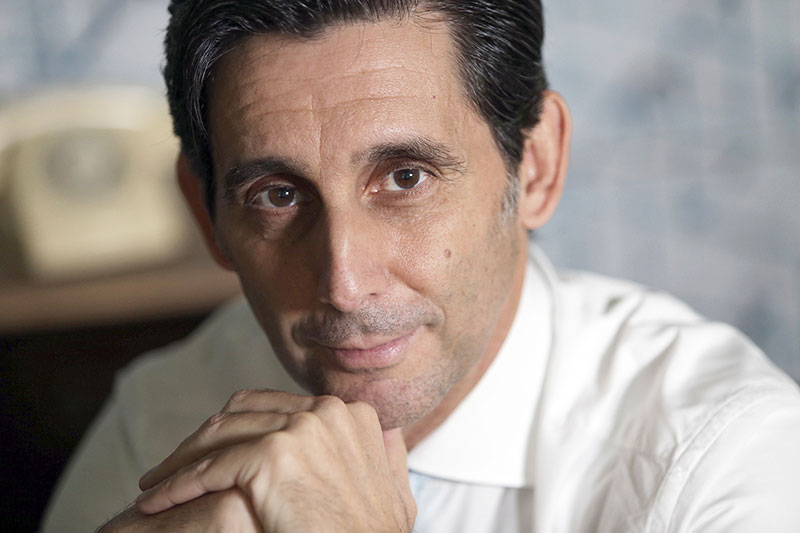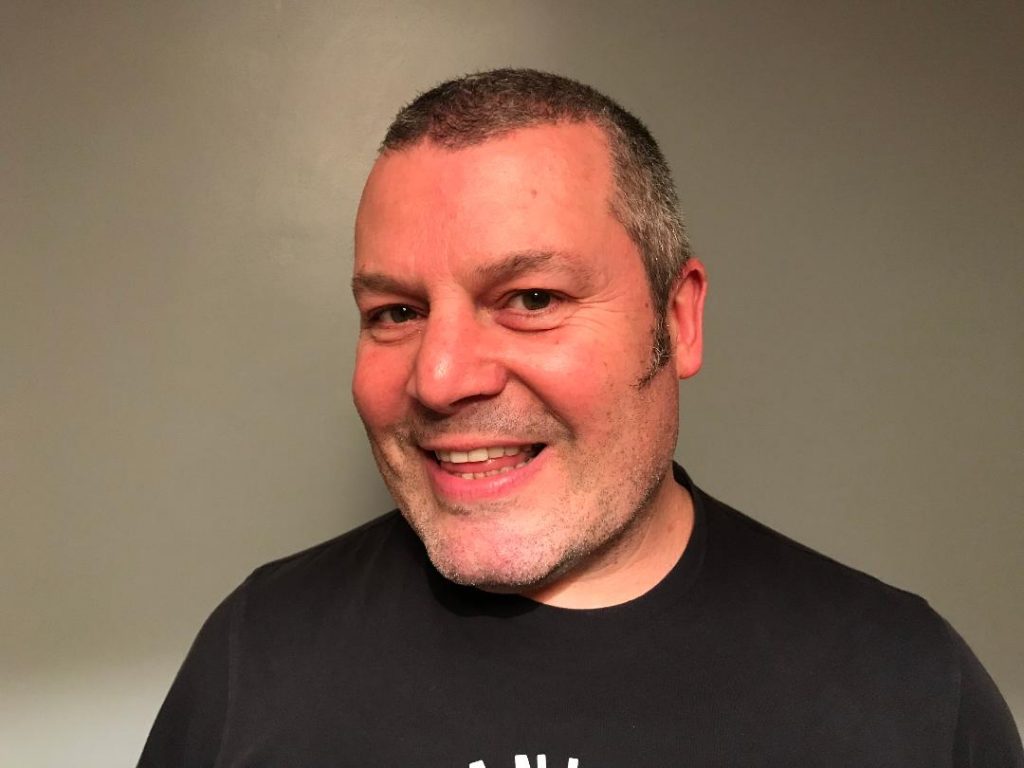Regulatory changes and fair competition in connectivity and content were themes at this year’s Mobile World Congress (MWC) in Barcelona, drawing the anger of leading telco CEOs. Business technology journalist, Antony Savvas considers where this is all going.
After being away for well over a year, the movers and shakers at MWC were not entirely in a happy mood. Yes, it was good to share a socially distanced chilled glass or two of Cava, but what the telcos’ competition were getting away with in a potentially lucrative market was a key subject of conversation.
Taking advantage
With show organiser GSMA outlining the rapid deployment of 5G networks and others pointing to the growing edge connectivity space that could take advantage of 5G and the Internet of Things (IoT), who was actually going to take advantage was keenly discussed.
In a keynote, Telefonica chairman and CEO, Jose Maria Alvarez-Pallete Lopez cited edge computing, cloud, cyber security services, IoT and analytics as a growing opportunity, but he stressed that governments must act with “new rules” that make sure the benefits of these technologies were enjoyed by everyone well, everyone in Europe anyway.
Lopez said Europe needed a “sustainable tech sector” and called for a “new regulatory framework and competition rules” to “help build a strong digital Europe”.
Timotheus Hottges, CEO of Deutsche Telekom, also chipped in around such calls. While calling for political leaders to ensure the delivery of modern infrastructure with better coverage, he took a swipe at OTT (over-the-top) content providers.
Over-The-Top

Höttges asked MWC attendees: “How can it be that WhatsApp is not treated as a communication service? How can it be that Microsoft is evolving their network, connecting their edge network with their fibre networks, providing connectivity to their customers and they are not treated as a connectivity provider?”
Hottges angrily went on: “How can it be that 80% of the traffic is generated by over-the-top players and they’re not even paying a cent for using the infrastructure and the build-out costs, and also getting all the value from the data of our consumers? Is this a fair equation?” he asked.
He demanded that governments must create a “level playing field” to accommodate telcos, hyperscalers and over-the-top players. He said Europe and the US government had to mitigate “discrepancies in legislation” pointing towards the US over-the-top app and content juggernauts.
Whether the European Commission and individual governments in Europe have the stomach to seriously take on the US government over this is anyone’s guess though.
Look what happened when some individual states said they would be going after the likes of Google, Amazon, Facebook and Apple with new digital sales taxes 18 months ago. President Trump effectively said that as these firms were American it wasn’t Europe’s job to screw them, it was his.
After Trump left office the new Biden administration then stated that those countries bringing in unilateral digital sales taxes against US companies faced retaliatory action against companies headquartered in their territories.
That wouldn’t have made the heads of Telefonica nor Deutsche Telekom very comfortable. That said, Spain seems to be on its own collision course with the US government.
Spain

The Spanish government has launched a public consultation on a new version of its General Law on Audiovisual Communication. This would see over-the-top video streaming platforms such as Netflix, Amazon Prime, YouTube, HBO, Apple TV, Disney+ and others contribute to the funding of state broadcaster RTVE via a 1.5% tax on their annual incomes.
If such a move was approved, said the Spanish government, telcos with pay-TV platforms such as Telefonica, Orange, Vodafone and Masmovil would no longer have to contribute.
No doubt the Biden administration will be tracking such a move, but wouldn’t it be interesting if other European countries followed with similar formulas? The UK’s BBC being financed by Netflix and Amazon anyone?
IoT security
A powerful IoT data security encryption service is expected to become widely available internationally this month, as the firm behind it heads to an estimated US$1.4 billion (€1.18 billion) Nasdaq listing this August.

Although the listing will be in the US, new company Arqit which has been in stealth mode since 2017 will continue to be headquartered in the UK. It “intends” to create 2,000 “high-end jobs” in the country, after it received “significant” financial support from the UK government.
Arqit is hoping to build on the commercial backing it has already received from BT in the UK and Sumitomo Corporation in Japan, who are both selling its security platform-as-a-service.
Arqit’s QuantumCloud is aimed at enterprises and telcos who want to protect IoT sensor data across consumer, industrial and defence footprints.
It’s a solution aiming to tackle a substantial data security gap that has caused widespread concern among those wanting to build operationally useful IoT networks namely the lack of reliable security that is both cost-effective and automatic.
To protect IoT sensors, QuantumCloud‘s encryption keys can be created both at the edge and in the cloud without having to be stored in any system, which would be a target for hackers.
The keys can also be constantly changed to offer further protection and can be rolled out in unlimited numbers to support the large customer bases of telcos.
Arqit’s patented technology provides the benefits of quantum key distribution (QKD) to end points, replacing legacy PKI (private key infrastructure) encryption that can be potentially targeted by powerful quantum computing hacks.

QuantumCloud puts a lightweight agent on any end point, which is able to rapidly create an unlimited number of symmetric keys with partner devices.
Currently, the symmetric keys used are created terrestrially. However, by 2023, Arqit plans to launch two quantum satellites through Virgin Orbit. This will create a backbone to transmit secure keys to the data centres of Arqit customers all over the world.
And key (excuse the pun) to the whole equation now, customers will only pay a “tiny fraction of a dollar for each key created”, according to Arqit.
The author is Antony Savvas, a global freelance business technology journalist.
Comment on this article below or via Twitter: @VanillaPlus OR @jcvplus






